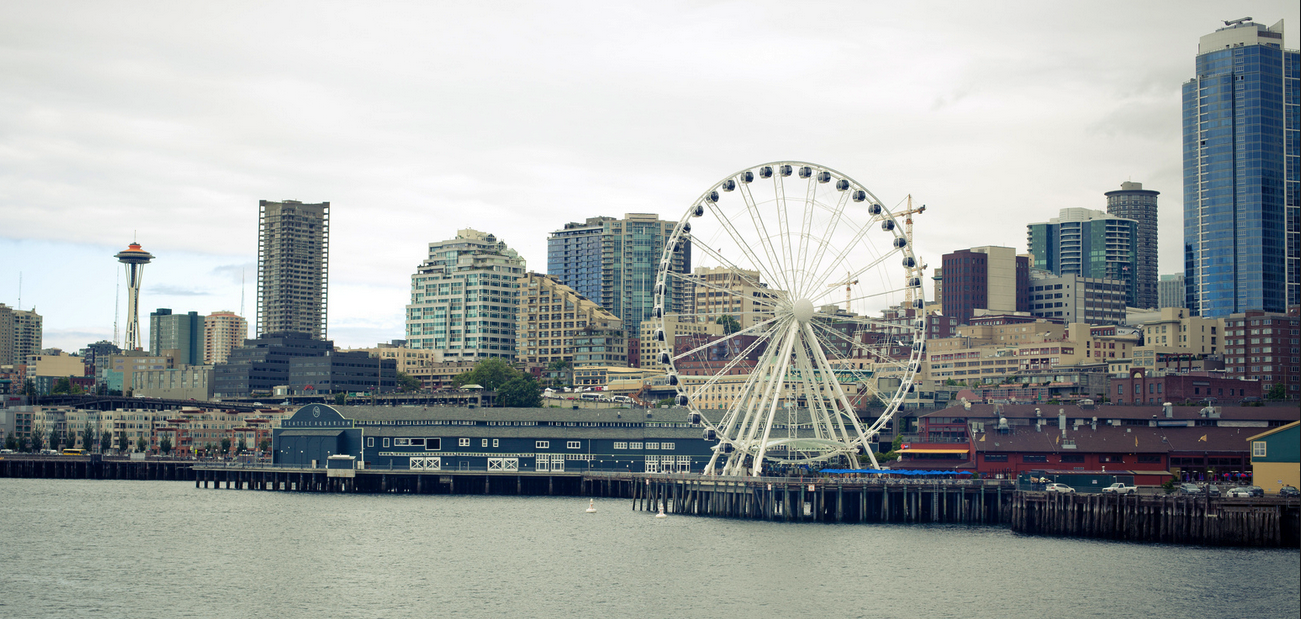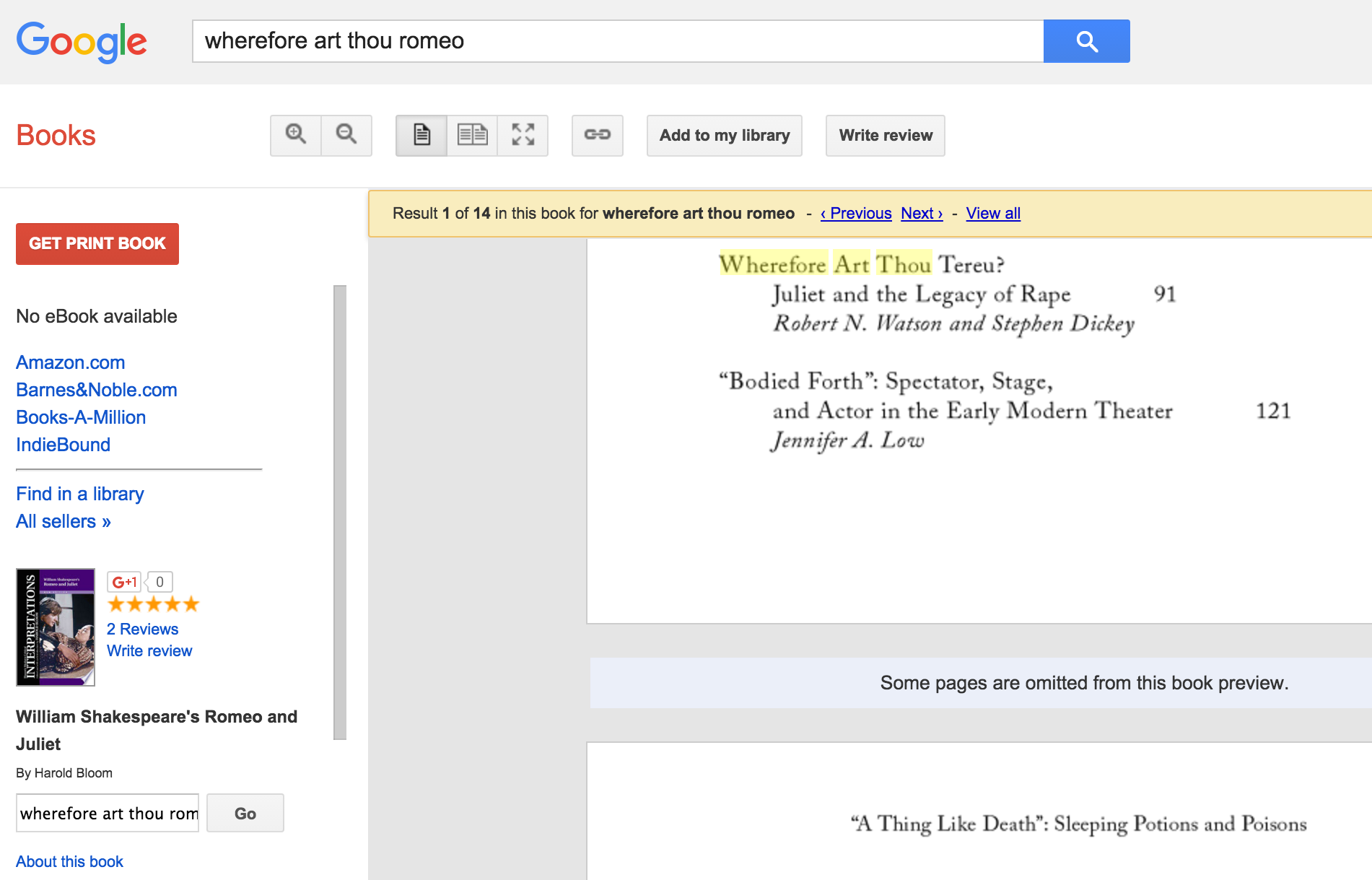When Seattle city leadership voted in 2014 to approve a plan to raise minimum wage to $15/hour over the course of several years, franchisees in the city said the rules were unfair and vowed to challenge the higher wages in court. Today that challenge came to a quiet end when the U.S. Supreme Court elected to not hear the matter. [More]
lawsuits
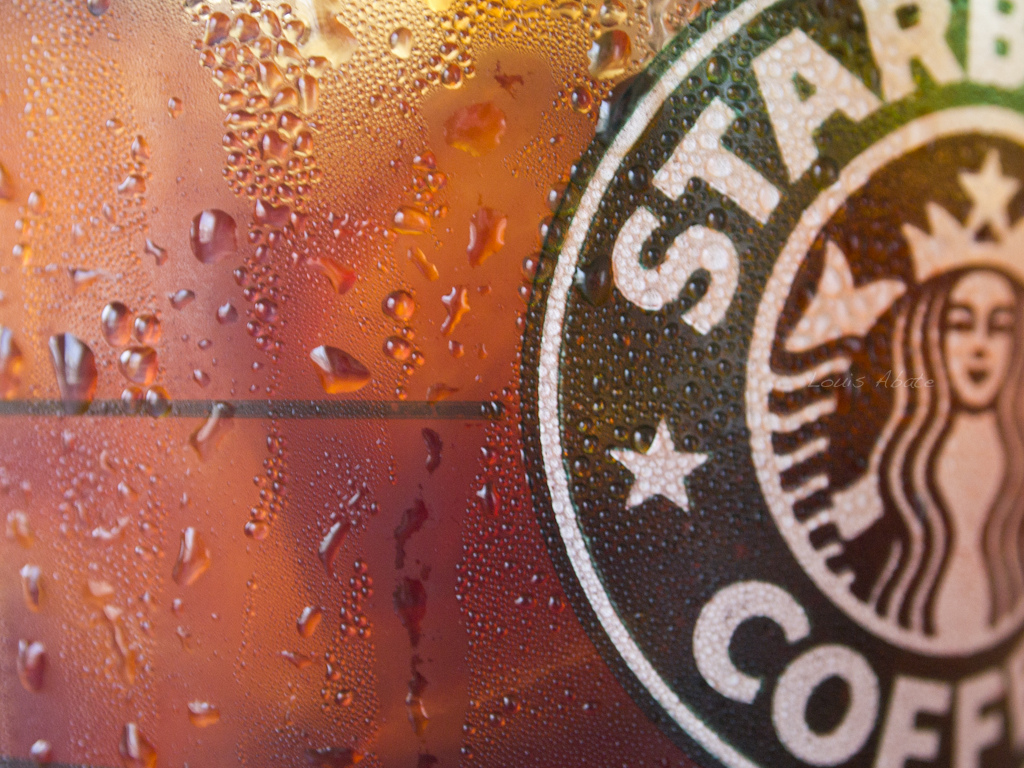
Lawsuit Claims Starbucks Is Putting Too Much Ice In Iced Beverages
For some caffeine lovers, there’s nothing more refreshing than adding some ice to a cup of coffee or tea to bring the temperature down and the energy levels up. Balance is important — too much ice and not enough coffee can result in a weak drink. According to a new lawsuit, Starbucks baristas have been upsetting that balance by allegedly adding too much ice to cold coffee drinks, and skimping on the liquid. [More]
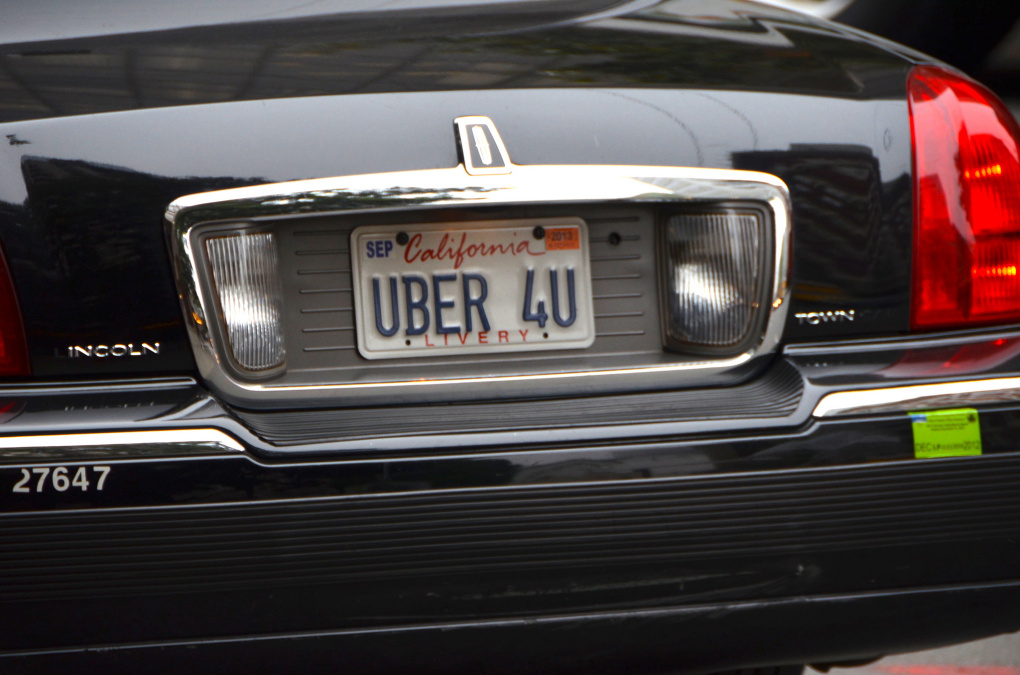
Uber, Blind Passengers Reach Settlement In Lawsuit Over Service Animals
More than a year after the National Federation of the Blind of California filed a lawsuit accusing Uber drivers of discriminating against passengers waiting for rides with service animals, the two sides announced they’ve reached a settlement. [More]
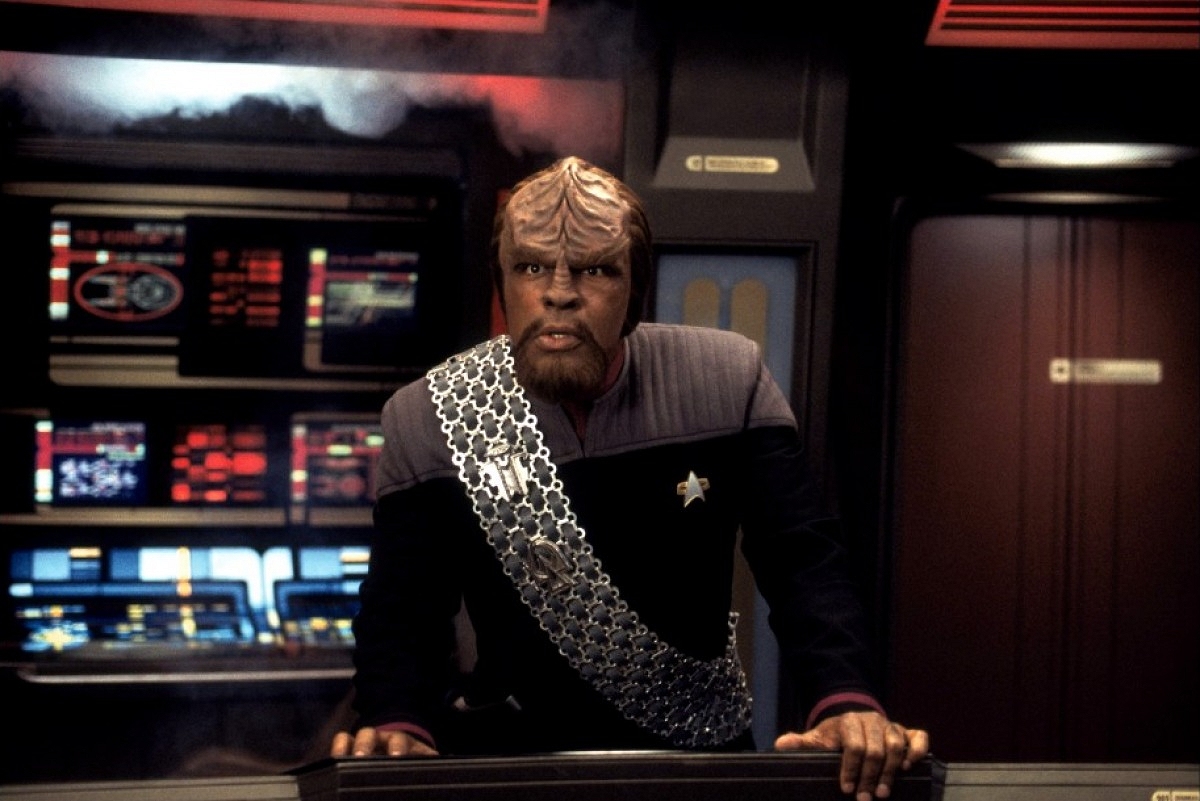
Language Creation Society: Paramount Does Not Own Klingon Language
As we reported earlier this month, Paramount Pictures is trying to block a crowdfunded Star Trek fan film based, in part, on the studio’s claim that it actually owns the copyright on the Klingon language. Now the Language Creation Society has chimed in on the case, making the argument that Paramount can’t claim ownership on a fictional language. [More]
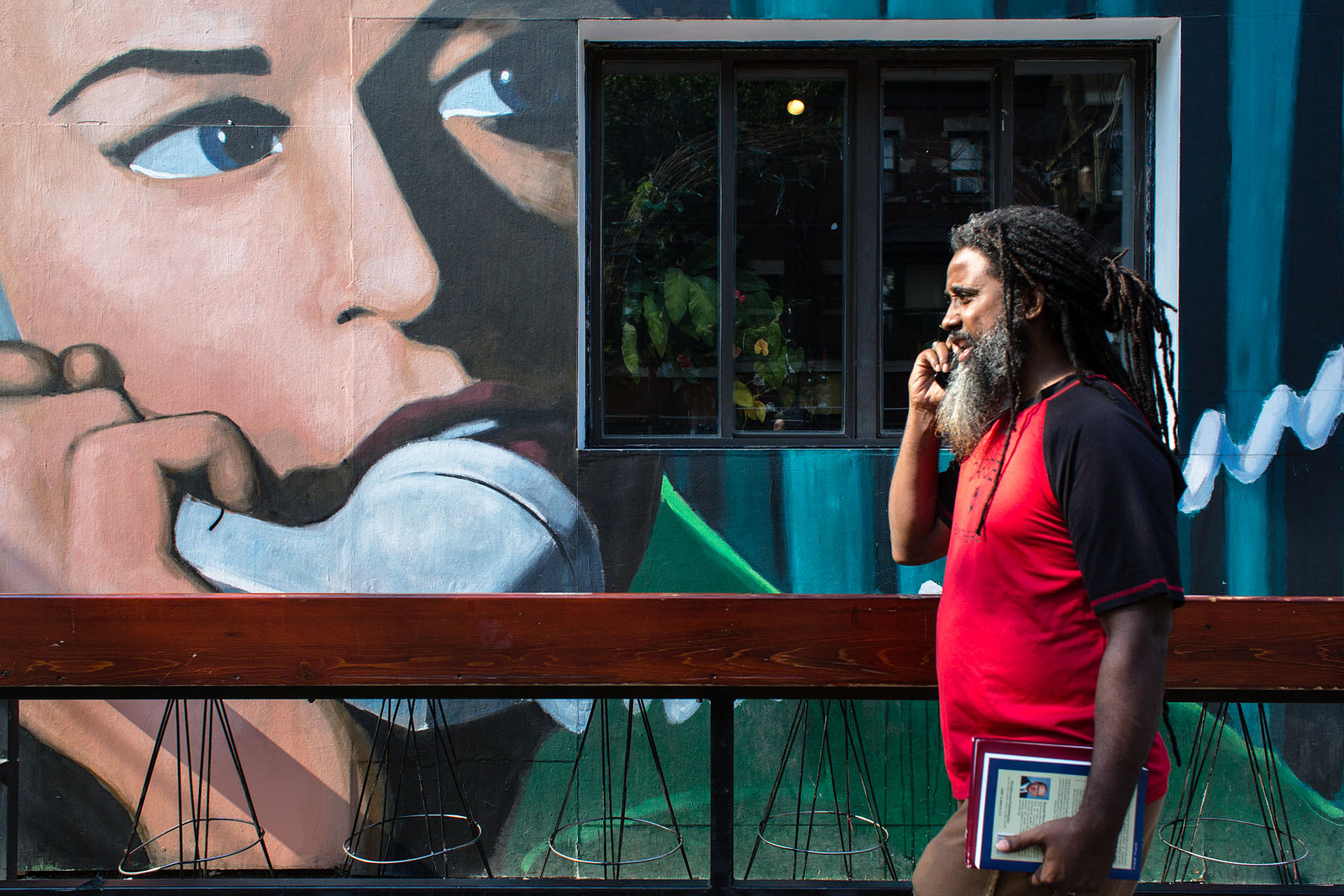
New Bill Could Stop Cable & Phone Companies From Taking Away Customers’ Right To Sue
Five years ago today, the U.S. Supreme Court sided with AT&T, ruling that companies could use a couple paragraphs of legalese buried deep in unchangeable user agreements to strip customers of their right to file a lawsuit. An upcoming piece of legislation seeks to restore that right for telecom customers. [More]
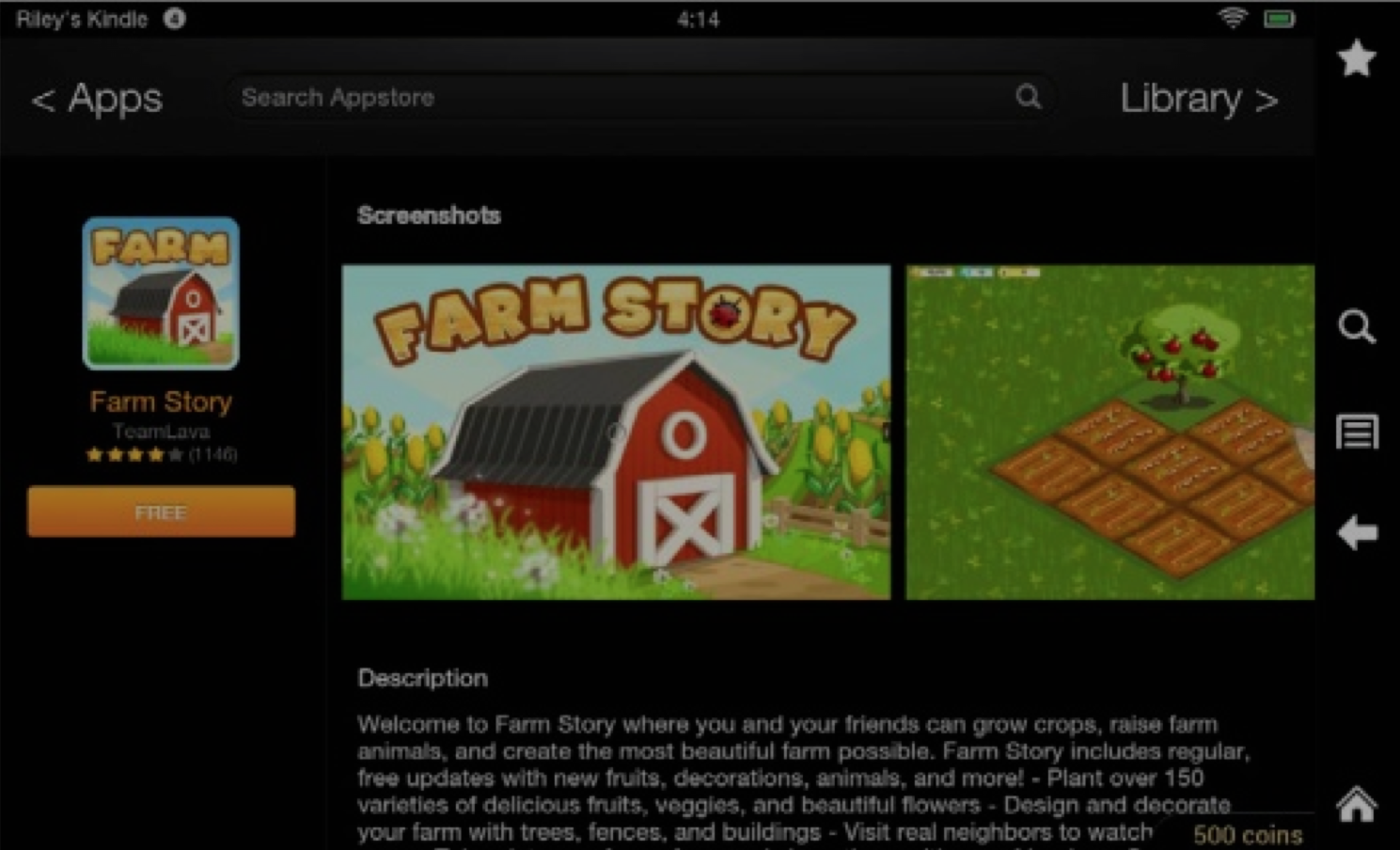
Amazon Found Liable For Unfairly Billing Parents For Kids’ In-App Purchases
There’s a time-tested rule that if someone gives a child an easy way to unwittingly spend your money, you will soon be looking at a thick bill containing a large number of tiny purchases. Today, a federal court ruled that Amazon failed to do enough to alert Kindle Fire owners — and users of Amazon’s Android appstore — that “Free” apps could still allow kids to make costly in-app transactions. [More]
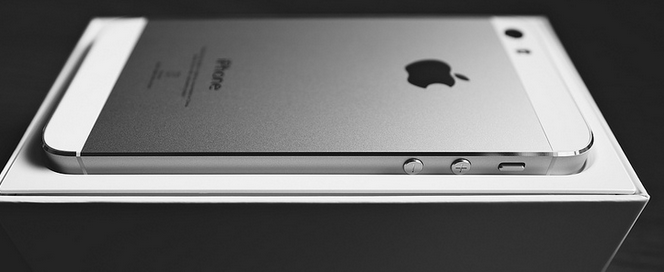
Why Won’t The FBI Tell Apple How It Unlocked iPhone?
A month ago, the FBI dropped its legal effort to compel Apple to unlock a dead terrorist’s iPhone after a third party provided the agency with a way to bypass the device’s encryption. While the federal law enforcer is okay with using what it learned to aid other criminal investigations, it doesn’t look like the FBI is jumping at the chance to let Apple in on the secret. [More]
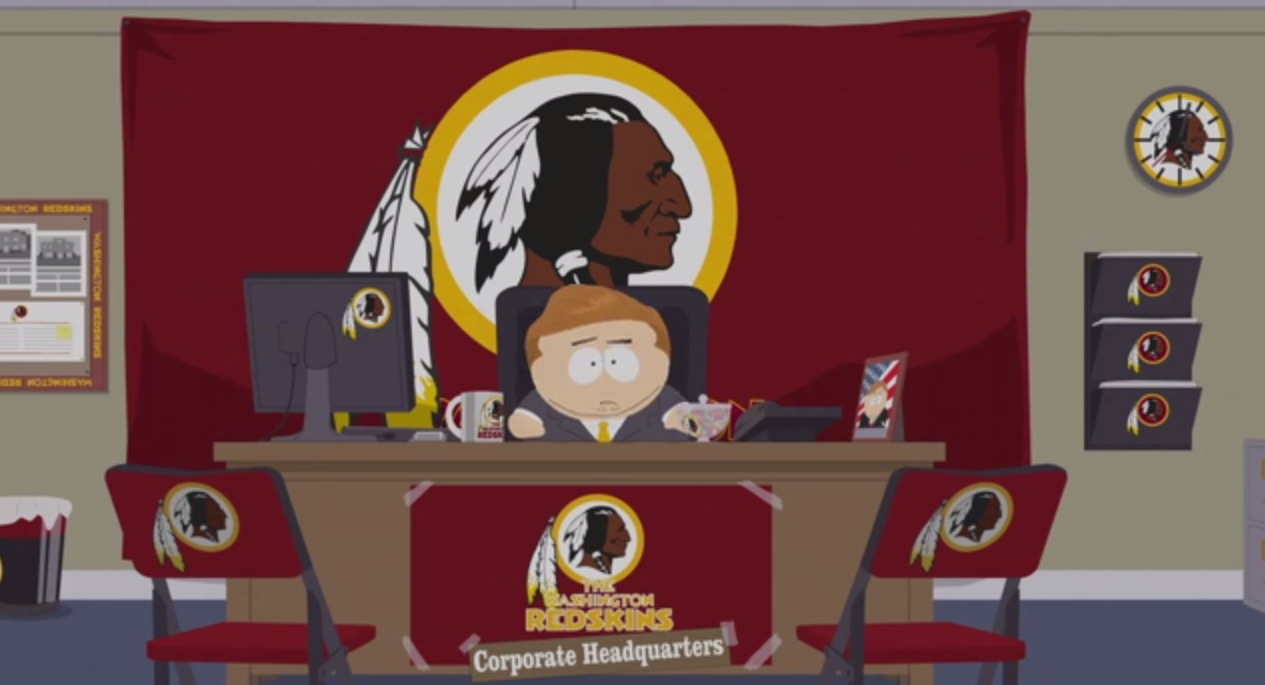
Washington Redskins Also Petition Supreme Court To Hear Trademark Appeal
Last week, the U.S. Patent & Trademark Office petitioned the Supreme Court to chime in on a case involving the trademark application for a rock band with a racially charged name. Any SCOTUS ruling in that case would have an impact on the similar ongoing dispute over the trademark for the NFL’s Washington Redskins, but rather than hope for a favorable result with that petition, the football team has filed one of its own. [More]
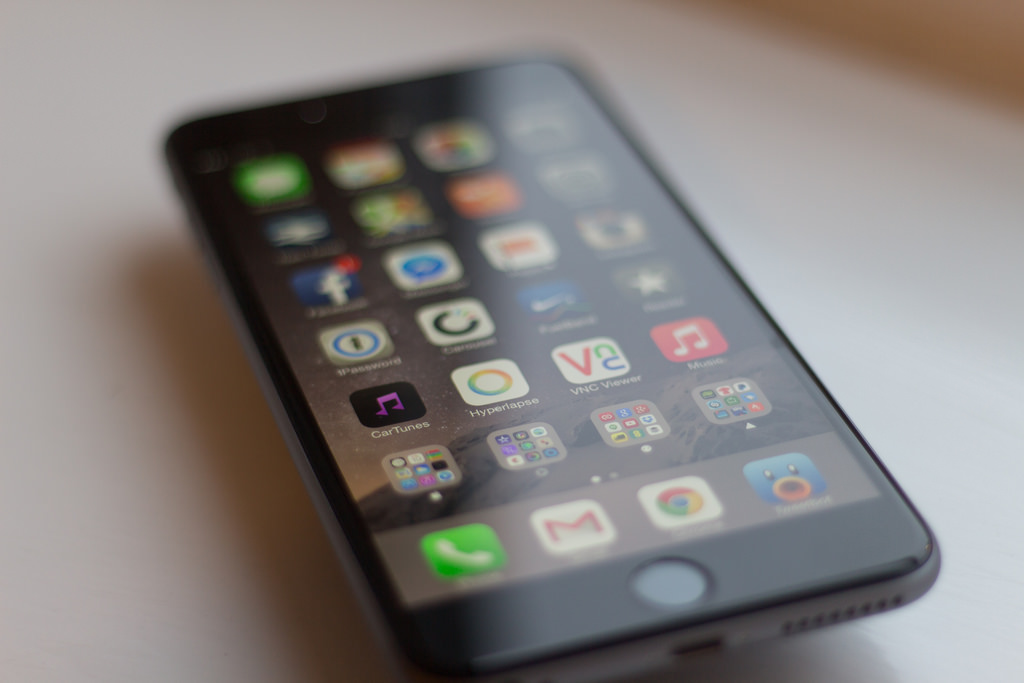
The End Is Just The Beginning In The Apple Vs. DOJ Legal Battle Over Encryption
As you may have heard, on Friday afternoon the U.S. Department of Justice backed off its efforts to compel Apple to aid in unlocking a criminal suspect’s iPhone — for the second time in only a few weeks. While some have heralded this as a significant victory for Apple (or at least as a loss for the government), it’s really just a tiny, unresolved spat in what looks to become a protracted legal battle for both sides. [More]
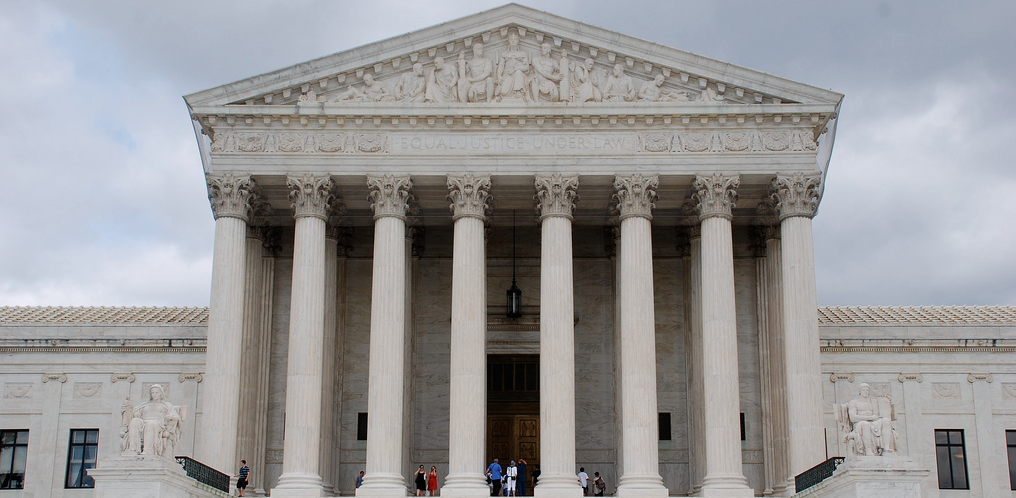
Trademark Office Takes Dispute Over “Scandalous” Trademarks To Supreme Court
While the law prohibits the U.S. Patent and Trademark Office from registering “immoral, deceptive, or scandalous” or disparaging trademarks, a federal appeals court recently ruled that this law is too restrictive and unconstitutional. Now the USPTO is asking the nation’s highest court to chime in on an issue that could impact countless rejected or cancelled trademarks, including that of the Washington Redskins. [More]
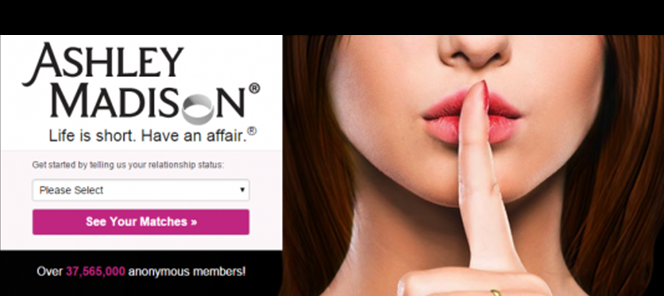
Judge: Ashley Madison Customers Can’t Be Anonymous If They Want To Sue Cheating Site
It’s understandable why someone who uses a website to cheat on their significant would want anonymity — mostly, they don’t want to get caught. But the former Ashley Madison customers seeking to sue over the massive data hack last year that exposed personal information for 30 million users or so will have to attach their names to the lawsuit, a federal judge ruled recently. [More]
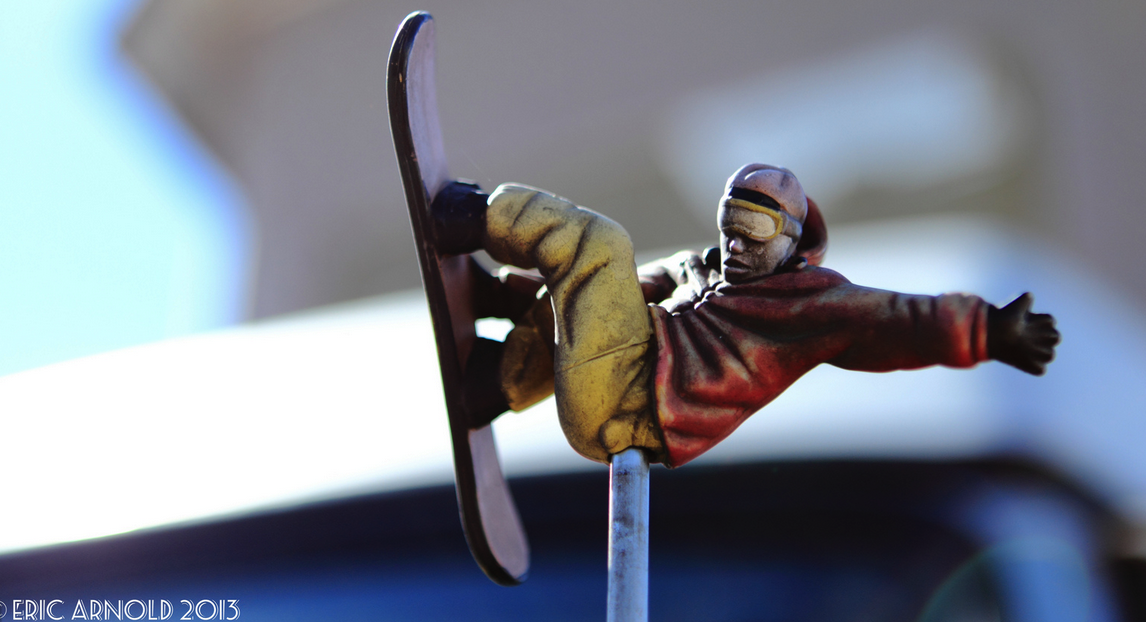
Appeals Court: Snowboarders Don’t Have A Constitutional Right To Ski Slopes
While it might be not-cool for a private ski resort to bar snowboarders from the ski slopes, does that change when the resort on government land? Would telling snowboarders to go elsewhere be a violation of their Constitutional rights? No — at least according to a federal appeals court. [More]
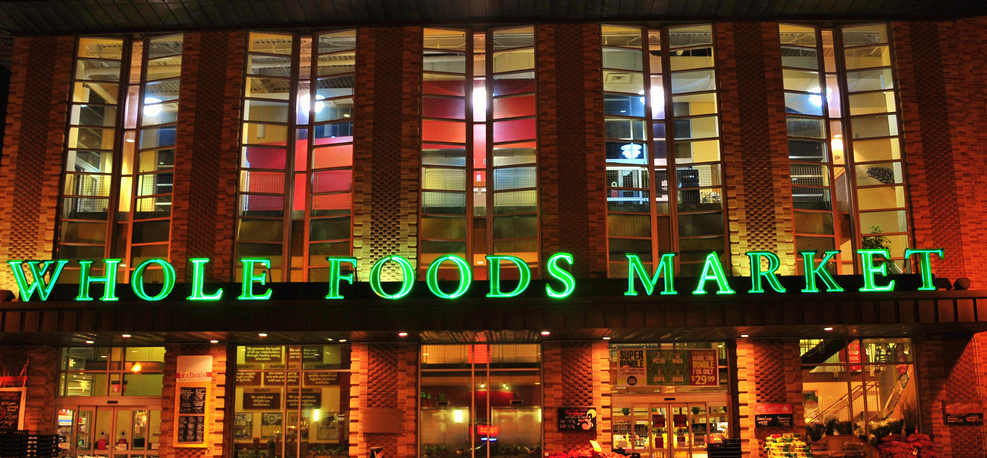
Whole Foods Countersuing Customer Who Claimed Cake Featured Anti-Gay Slur
Earlier this week, a Texas pastor sued Whole Foods, claiming that a cake he bought from one of the chain’s locations bore an anti-gay slur on the top. Whole Foods is flipping the situation around now, and has filed a countersuit accusing the customer of perpetrating a hoax. [More]
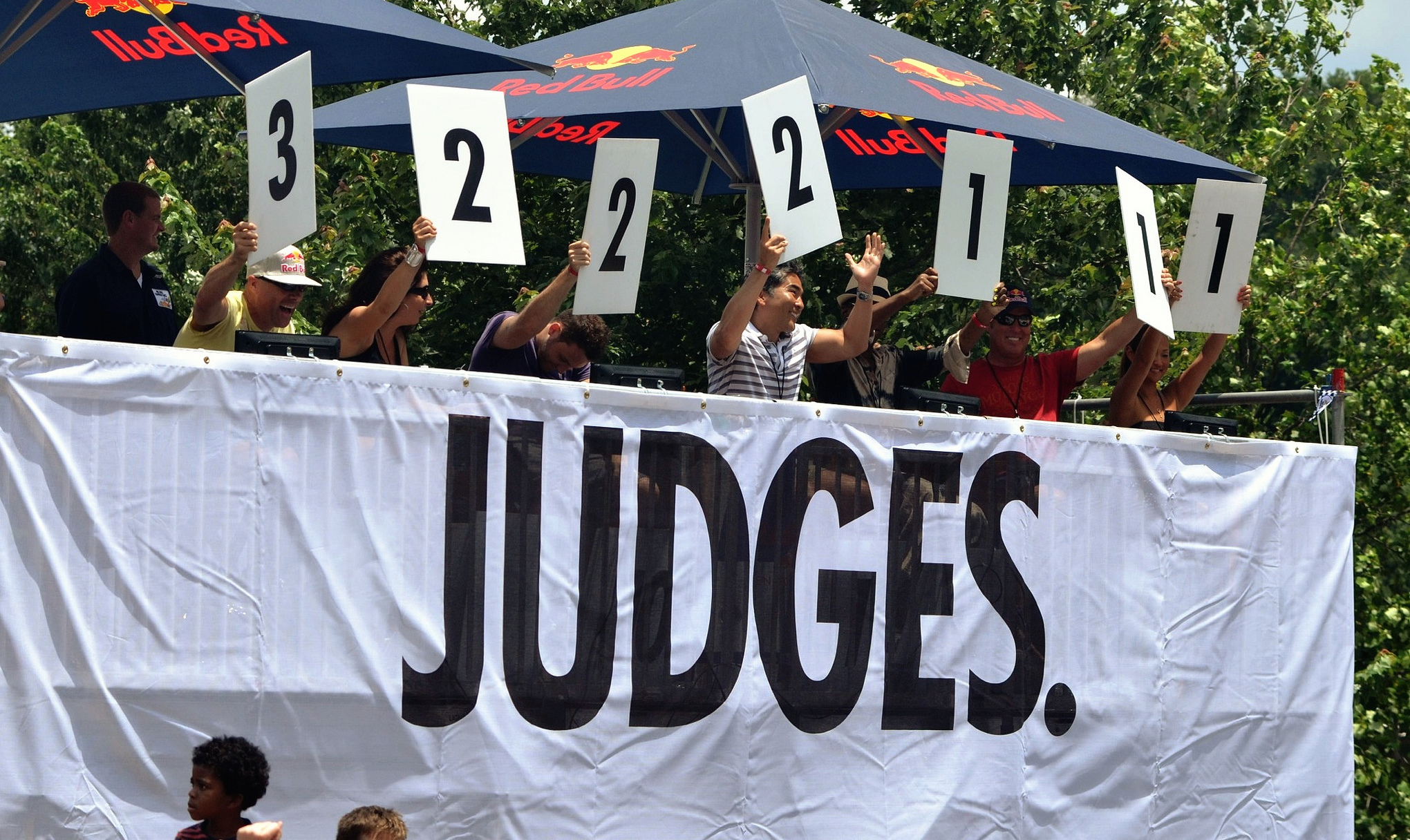
Did U.S. Use Secret Court To Force Tech Companies To Weaken Encryption?
Legislators in D.C. are currently considering a law that would compel tech companies to have weak device and software encryption so that law enforcement can snoop when necessary, while federal prosecutors have repeatedly used a 227-year-old law to try to force Apple and Google to work around existing security on their products. A new lawsuit seeks to find out if the government has also been using a highly secretive court to force tech companies to assist in breaking their own encryption. [More]
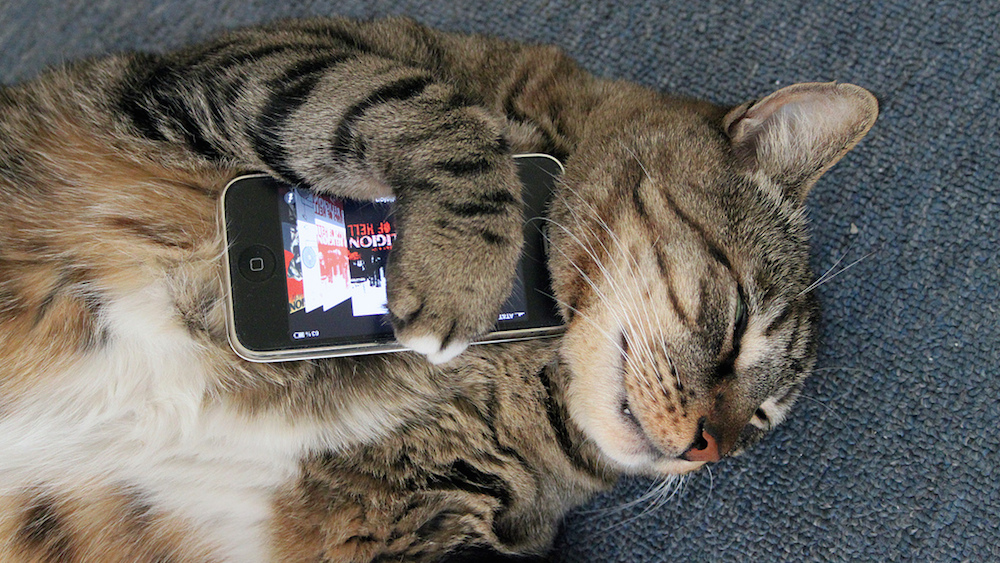
Apple: Why Should We Help Unlock iPhone Of Someone Who Has Already Pled Guilty?
With the U.S. Department of Justice still attempting to compel Apple to unlock the iPhone of a drug suspect, the tech giant is asking the court why this is so important when the former owner of that iPhone has already pled guilty. [More]

Is The Klingon Language Protected By Copyright? Paramount Thinks So
While you can copyright scripts, novels, song lyrics, and many other ways of using the English language, you can’t actually copyright the English language. But what about a language that you construct out of whole cloth? Once you share it with the world, are people free to use that new language however they wish, or do you maintain control over its use? [More]


